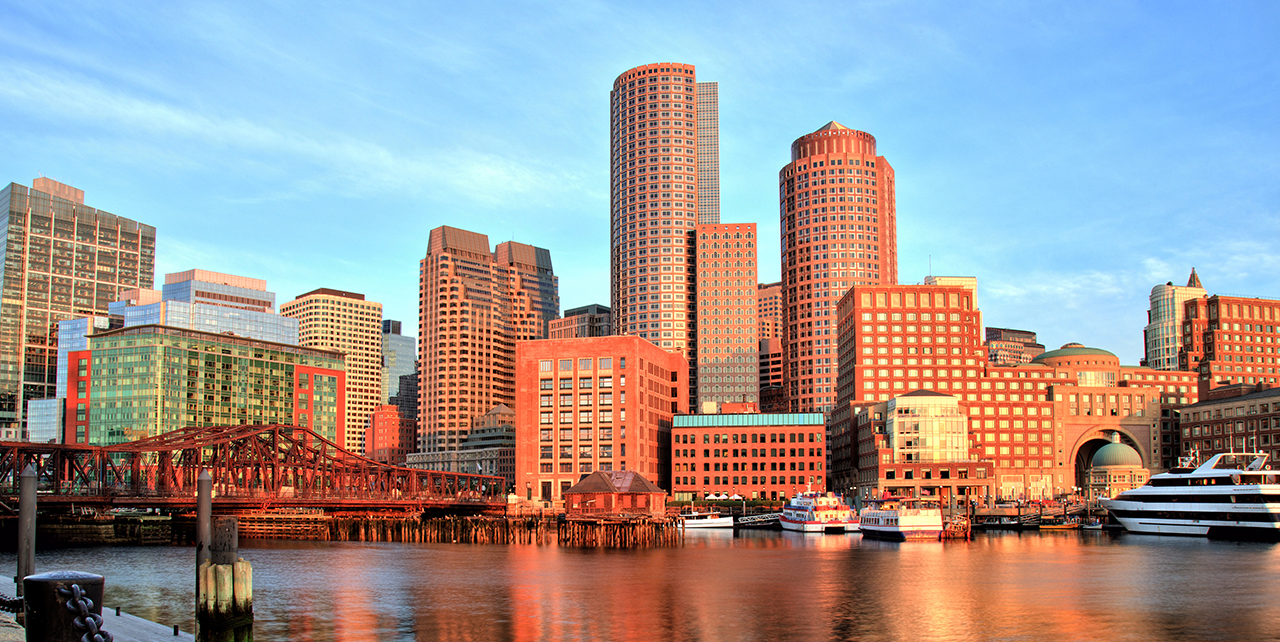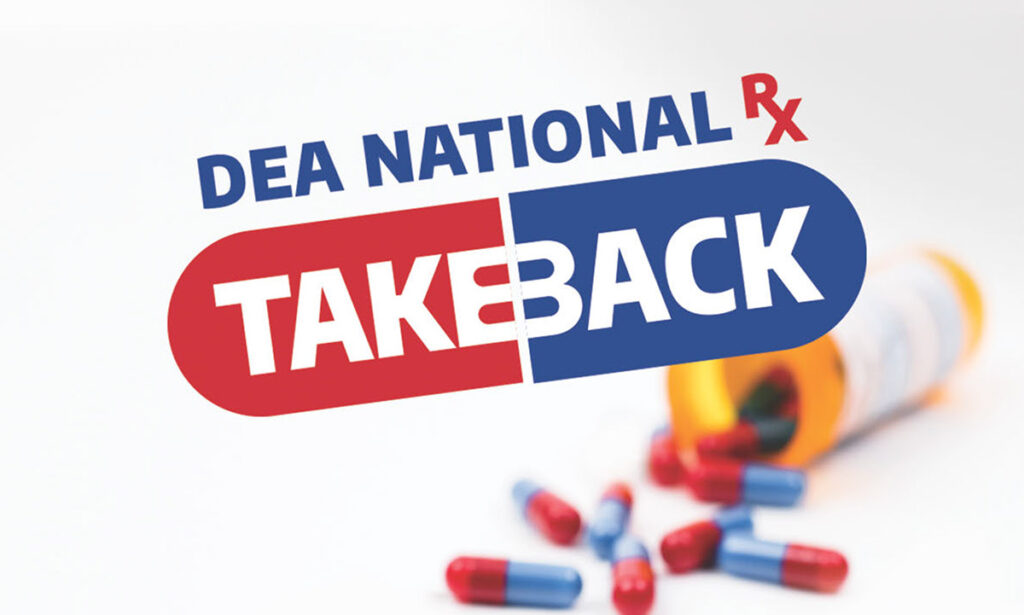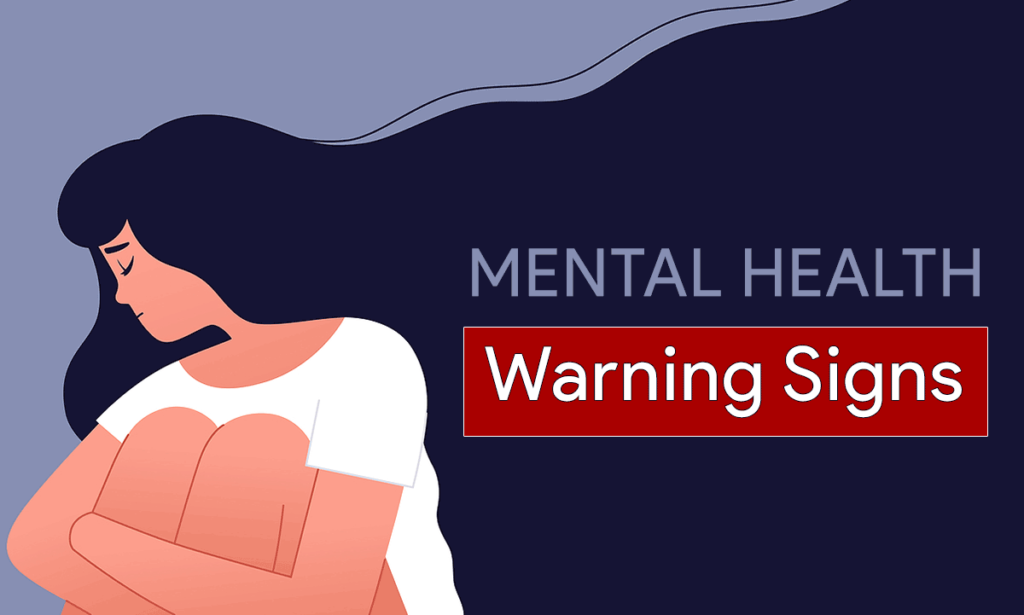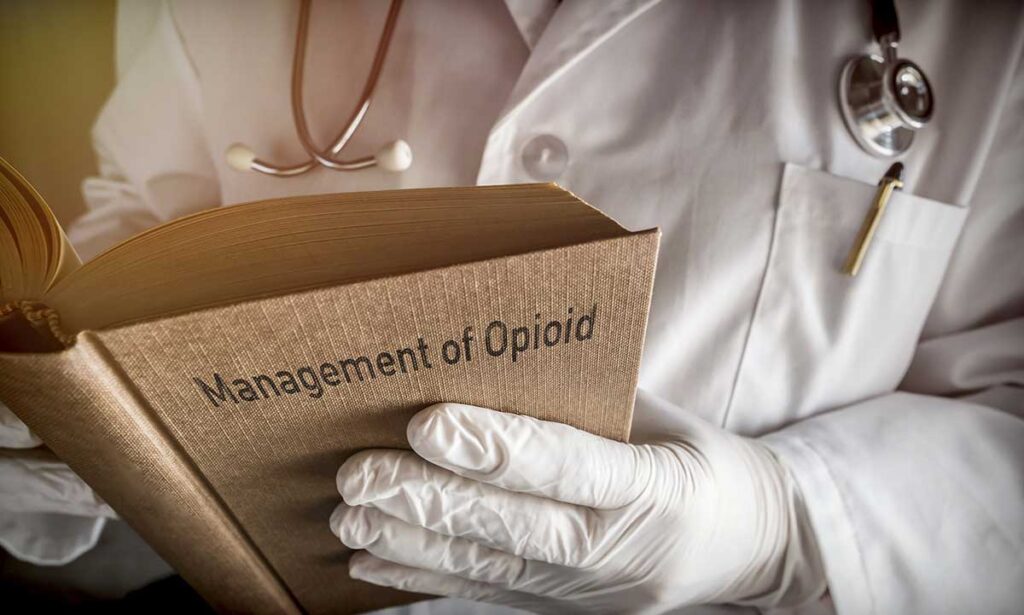Massachusetts, like all other major states in our nation, is suffering from an exponential increase in opioid-related overdoses deaths. Mostly due to the consequences of the pandemic, the unresolved opioid crisis, and the absurd influx of fentanyl through our borders.
The Need for Opioid Detox Treatment in Massachusetts
Over the past five years, Boston, Massachusetts, was at the center of the opioid crisis. Even before the U.S. epidemic, certain areas in Boston had already seen a massive spike in overdose deaths. Locals know that the intersection of Massachusetts Ave and Melnea Cass Blvd is where Boston’s epidemic began in 2003.
Since then, this area has become the epicenter of shelters, methadone, and suboxone clinics. Nicknamed “Methadone Mile,” police officers believe this high-traffic area is an ideal target for drug dealers. So many people flock there seeking drugs, struggling with addiction, or using drugs. Now Massachusetts residents are also victims of the fentanyl crisis that has been killing people at unimaginable rates.
People continue to die at horrific rates due to the influx of illicit fentanyl. The invasion of fentanyl is destroying families, and generations to come will suffer the consequences.
Waismann Method Rapid Detox Center offers a unique program that has helped thousands of people from all over the country free themselves from the effects of addiction to Opioids, including fentanyl. Patients fly to California and are admitted to a full-service accredited hospital, where they receive comprehensive medical care and, in some cases, rapid detox treatment. More importantly, the rapid detox treatment includes Vivitrol or Naltrexone therapy to control cravings and patients move beyond their addictions.
Opioid and Fentanyl Overdoses Rising in Massachusetts
Unfortunately, opioid-related overdose deaths in Massachusetts continue to increase.
According to Massachusetts health data, there were 2,104 confirmed and suspected opioid-related fatalities in 2020 — sadly, a 5% increase over the previous year.
Public health officials attribute the uptick to the consequences of the COVID pandemic. Many factors contribute to this crisis, including the combination of social isolation, lack of public health and social services, and even fears of seeking treatment and contracting COVID-19.
According to public health data, more than 10,000 people have perished from opioid overdoses in the state in the past five years. Unfortunately, Massachusetts isn’t alone in the rise of opioid overdose deaths during COVID. According to U.S. Centers for Disease Control and Prevention, opioid-related overdose deaths soared in the USA last year to a record high of 93,000, and fentanyl was involved in more than 60% of these deaths.
Lawmakers in Massachusetts are considering several proposals to expand opiate detox treatment options in Massachusetts for people struggling with opioid addiction. The question is, are those efforts going to include prevention, education, and, more importantly, border control?
Massachusetts Department of Public Health reports contains both actual and estimated data through September 2021. From January 2020 through September 2021, there were 1,211 confirmed opioid-related overdose deaths, and DPH projects that there will be an additional 362 to 441 deaths, yielding 1,613 total verified and estimated opioid-related overdose deaths.
Drug Treatment in Boston
While MAT is easy to come by, the prescribed medications are opioids themselves. These drugs come with their side effects and long-lasting withdrawal syndrome. Many patients believe they will quickly come off these medications once ready. However, that is rarely the case. In addition, there are few options for detox other than tapering down slowly.
Unfortunately, successful opioid detox in Massachusetts is far and few in-between. Some inpatient rehabs offer 30-day detox options. Generally, the staff provides minimal supervision to clients while they suffer through the full extent of the withdrawal. Some rehabs have physicians to provide medications to decrease anxiety and help clients sleep. However, the facilities are residential and don’t offer medical support to assist with the physical regulation. This form of detox is very ineffective, and clients are often discharged early because they can’t tolerate the days or weeks of symptoms. As a result, users are at greater risk for relapse and overdose.
Medical Detox and Rapid Opioid Detox
Waismann Method® is one of the only facilities offering rapid detox options for high levels of Fentanyl, Suboxone, and Methadone. We have been successfully detoxing patients off all forms of opioids for two decades. Boston residents fly to Southern California because we offer an unparalleled treatment program using the latest medical science. We provide rapid detox and medical detox options in a full-service, accredited hospital. This is the safest and most comfortable way to detox, and patients have access to the full range of medical specialists, if necessary.
The multi-certified medical director, Dr. Lowenstein, provides individualized treatment to each patient. He customizes each treatment plan based on a thorough assessment and pre-examination. Therefore, there are no pre-set protocols, and each patient receives treatment based on their specific medical, physiological, and emotional needs. If you would like to learn more or receive a confidential assessment, call us today.
Sources









